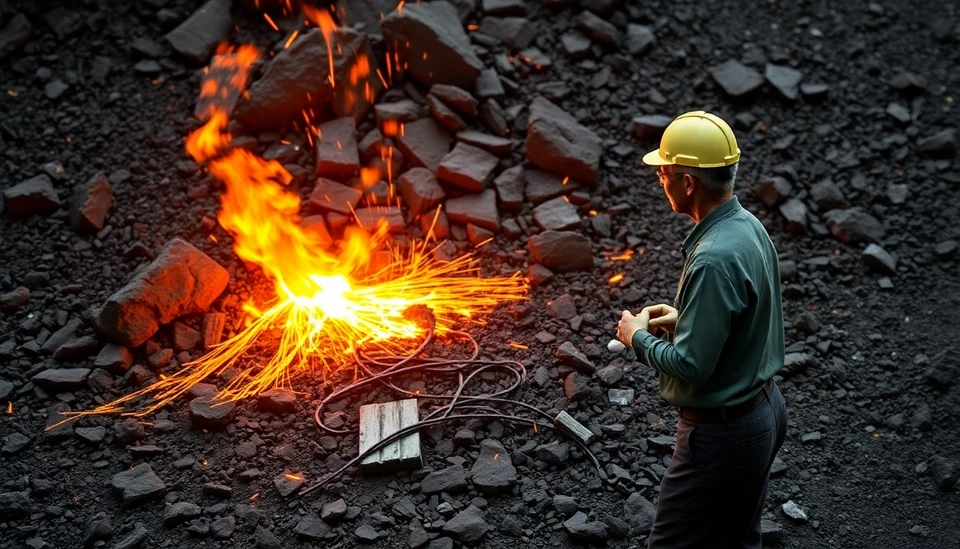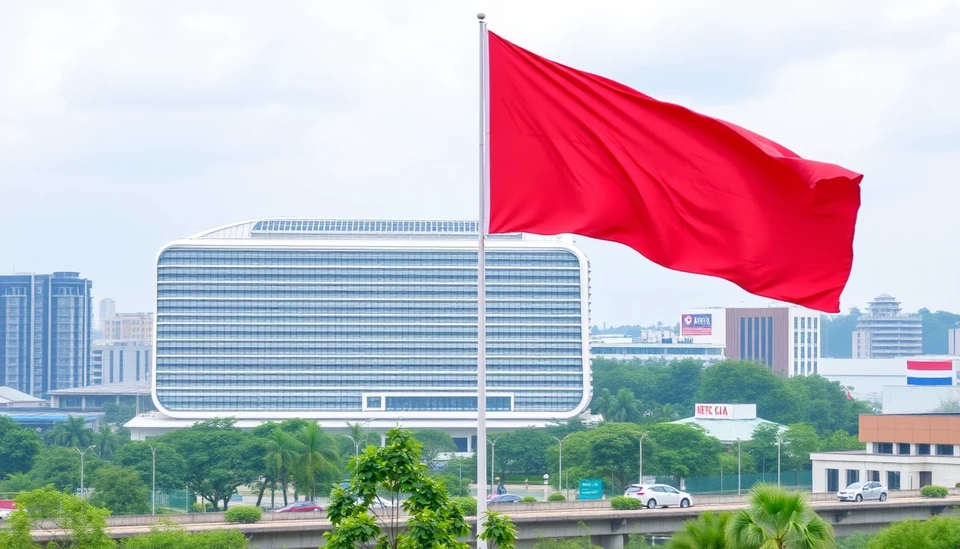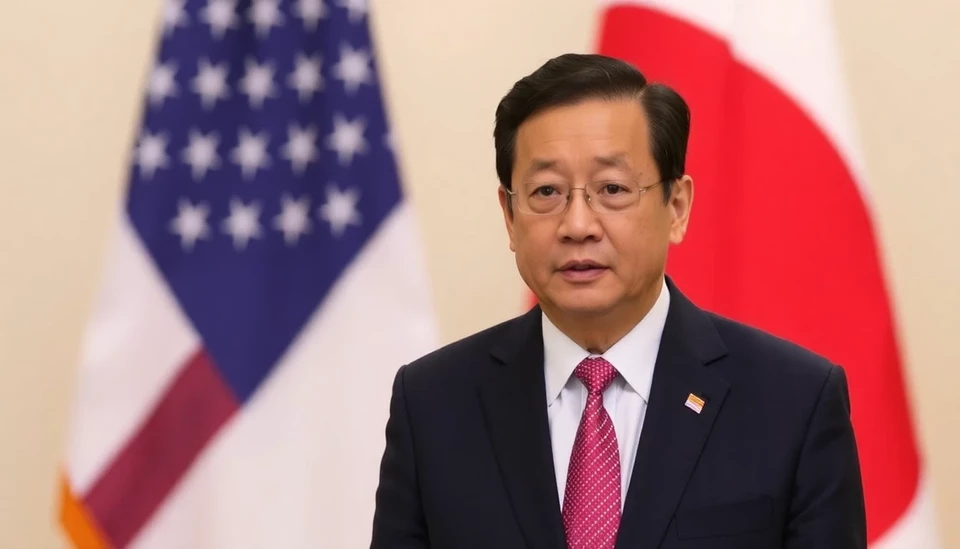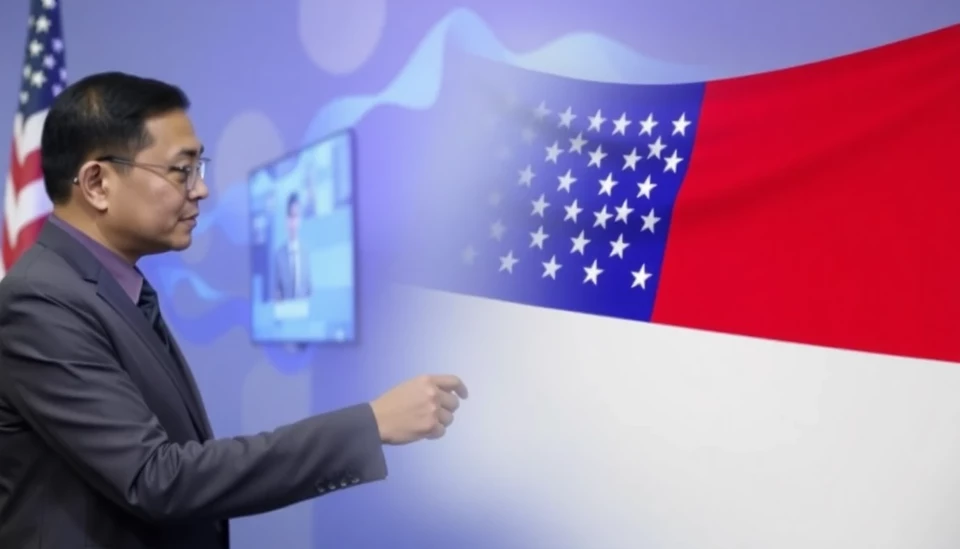
In a strategic move to manage its valuable mineral resources, Indonesia has stepped up its control over nickel ore supplies, responding to shifting levels of global demand. With the backdrop of a wavering marketplace, particularly due to reduced requirements from key markets, the Indonesian government is taking decisive actions to stabilize its nickel sector.
The country, recognized as one of the world’s largest producers of nickel ore—a crucial component in battery manufacturing, particularly for electric vehicles (EVs)—is adapting to decreased consumption rates that have been noted over recent months. Analysts project that the current downturn in demand could potentially lead to a significant impact on prices and long-term investments in this critical industry.
Recent reports indicate that Indonesia, which has been historically dependent on exports to China for its nickel ores, is now prioritizing domestic consumption and refining capabilities. This shift aims to bolster the local economy and ensure that the country retains a greater share of the value generated from its nickel resources. The government is promoting policies that would encourage local processing of nickel ore rather than shipping it unprocessed overseas.
In addition to refining practices, Indonesia is also looking to enhance its regulatory framework around nickel supply management. The government has proposed tightening export licenses and enacting stricter quotas on what can be exported and in what form. This is aimed at curtailing the excessive outflow of raw materials, which has been exacerbated by prevailing market weaknesses.
Industry insiders suggest that these measures could lead to increased activity in the local nickel processing sector, potentially attracting foreign investments aimed at building state-of-the-art facilities. As global demand for electric vehicles is expected to rise in the long-term, Indonesia anticipates a resurgence in interest for its nickel ore, particularly as other nations ramp up their green technology initiatives.
Moreover, this move aligns with Indonesia’s broader economic goals, emphasizing sustainability and self-sufficiency. The country is keen on positioning itself as a leader in the global battery supply chain, which is crucial in the transition to renewable energy solutions and reduced carbon emissions.
However, experts caution that the implementation of such policies requires careful consideration to avoid unintended consequences, such as encouraging illegal mining operations or dissuading foreign partnerships that could bring in technological advancements and capital. Balancing these aspects will be crucial for Indonesia as it aims to navigate the complexities of the global nickel market.
As the situation unfolds, stakeholders in the nickel industry will closely monitor Indonesia’s steps, as they could set a precedent for other mineral-rich nations grappling with similar challenges of managing natural resources amid fluctuating global demand.
#Indonesia #NickelOre #ElectricVehicles #BatterySupplyChain #GlobalDemand #Sustainability #MiningPolicy
Author: John Harris




